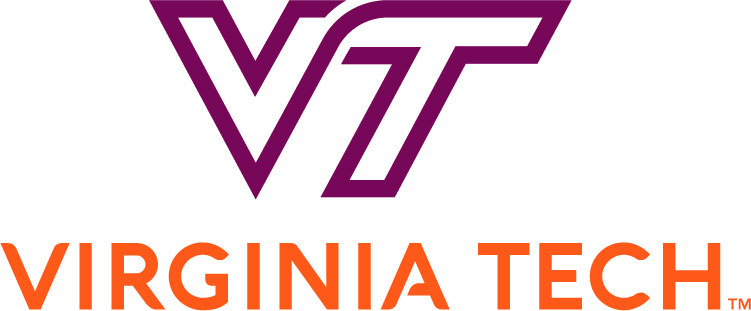Newswise — Twitter’s effort to prohibit political ads on its social media platform adds to the larger conversation that Silicon Valley continues to have about their role in the spread of misinformation on the internet, however Virginia Tech’s expert Mike Horning says there may be some unintended consequences.
Quoting Horning
“Social media companies collect a great deal of data about their users that allows political groups to target specific individuals with advertising messages. The unintended consequence of this decision can be the increased spread of misinformation.”
“It's understandable that Twitter might try to combat this by limiting the ability of special interest groups to target people with misleading messages. On the other hand, it's difficult to say what the impact of this decision will be, given that a good deal of misinformation is not directly spread through purchased advertising.”
“Facebook has taken a different approach and argued that being more transparent about the nature and origins of the ads will do more to combat this problem, while maintaining principles of free-speech. This approach is perhaps more nuanced, and if social media companies were more transparent about how all of their content appears in newsfeeds, it might be a more sustainable approach in the long run.”
About Horning
Mike Horning is an assistant professor of multimedia journalism in the College of Liberal Arts and Human Sciences’ Department of Communication at Virginia Tech. His research examines how communications technologies impact social attitudes and behaviors. Horning’s current research efforts focus on the impact of fake news and misinformation on our democratic processes. More here. Expertise featured in The Hill.
Schedule Interview
To secure an interview with Horning, please contact Shannon Andrea in the media relations office at [email protected] or 703-399-9494.
Our Studio
Virginia Tech's television and radio studio can broadcast live HD audio and video to networks, news agencies, and affiliates interviewing Virginia Tech faculty, students, and staff. The university does not charge for use of its studio. Video is transmitted by LTN Global Communications, and fees may apply. Broadcast quality audio for radio is transmitted via ISDN.
